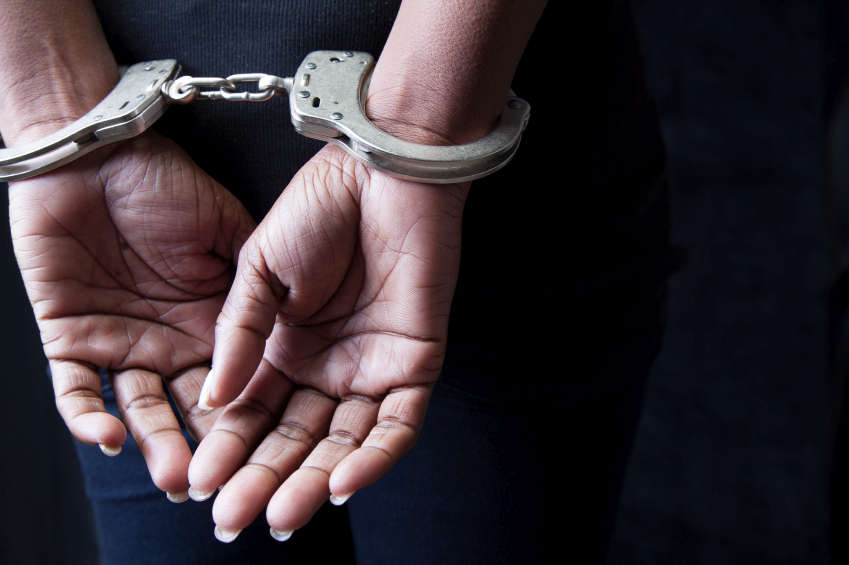The Massachusetts Women’s Justice Network (MWJN) continues and extends the work of two previous Shaw-funded initiatives: the Women in Prison Coalition that identified promising gender-responsive, community-based programs for women offenders in Massachusetts, and the Alternatives to Incarceration (ATI) project. Resulting in six Fact Sheets that were widely disseminated to agencies and policymakers in the fall, 2012. The Fact sheets summarize critical concerns affecting women offenders in Massachusetts and the US: trauma-informed training; women centered screening instruments; implications of the MA Corrections Master Plan for Women; Lessons from Abroad; Effective Gender-responsive Programs; and examples of ATI for women.
In 2012-2013 the MWJN will broaden the Network , select priorities for action, and create an Action Platform to inform policy change, continuing the WCW tradition of undertaking action-oriented research designed to improve women's lives.
Click here to view the Fact Sheets that summarize this work.
Publications:
Moving Beyond Incarceration for Women in Massachusetts: The Necessity of Bail/Pretrial Reform
Pretrial Incarcerated Women: An Analysis of Women in Bristol County Jail, Massachusetts (July 1 2012-June 30 2013). Published March 2016. Erika Kates and Helen Levine.
This brief policy report examines these women’s demographic and criminal justice characteristics in the Bristol County (Massachusetts) Jail and, focusing particularly on their race and ethnicity, examines the relationships between them.
Video: Alternatives to Incarceration for Women:
The United States has one of the highest, most expensive, and fastest growing incarceration rates in the world. In this video, Kates discusses the impact incarceration can have on women's physical health, emotional well being, family life, and economic stability. She also discusses alternatives to incarceration, such as women-centered counseling and pre-trial probation.




